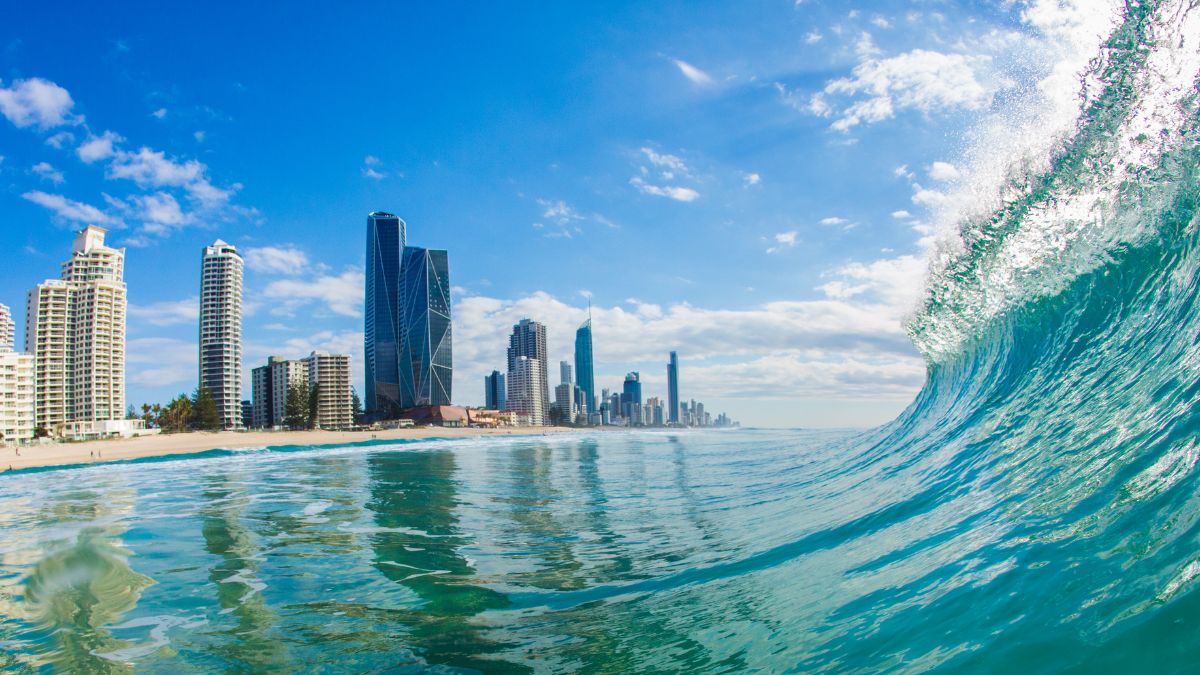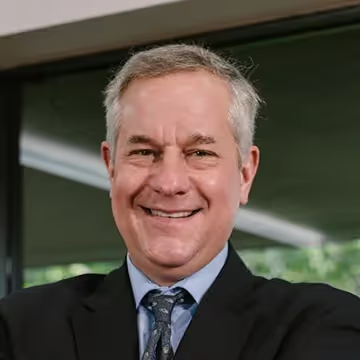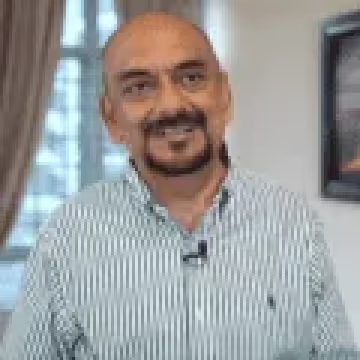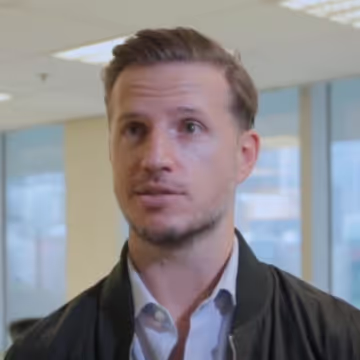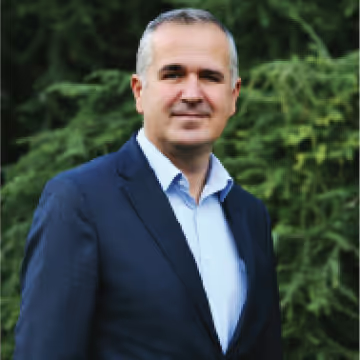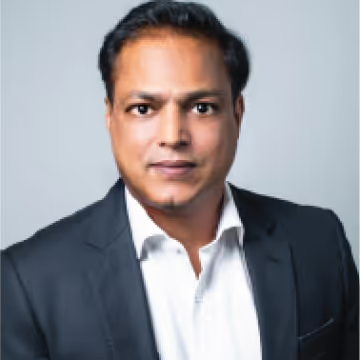One startling fact: Vanuatu can deliver citizenship in as little as two to four months, a timeline that surprises many investors used to year‑long waits elsewhere.
We are Marlow Bray, a private advisory advising high‑net‑worth individuals and families from Singapore and beyond. We help clients assess golden visa and citizenship investment pathways, structure cross‑border affairs, and plan for legacy and estate needs with discreet, personalised service.
Residency and residency investment options across the region vary from contribution routes — Nauru’s Treasury Fund requires at least $105,000 — to property and business routes that support visa‑free travel and family inclusion. We explain typical minimum investment ranges and how each option fits wider portfolio and lifestyle goals.
Our approach focuses on efficiency, privacy and reducing friction across due diligence, documentation and application management so that clients gain tangible gains in global mobility and long‑term protection for their families.
Key Takeaways
- Vanuatu offers a rapid citizenship route (2–4 months) that can accelerate access to a second passport.
- Nauru introduced a contribution‑based citizenship requiring at least USD 105,000 to its Treasury Fund.
- We tailor selection of investment programmes to client objectives, risk tolerance and time horizons.
- Benefits commonly include visa‑free travel, family eligibility and potential tax optimisation.
- Our end‑to‑end support reduces application friction and preserves client privacy.
Why Oceania Is on the Radar for Residency and Citizenship Investment
We help our clients identify practical routes that improve travel freedom and security. Oceania appeals for its faster processing, English-speaking jurisdictions, and flexible family inclusion.
Global Mobility and Lifestyle Advantages
Vanuatu is notable for a roughly two-to-four-month path to citizenship, remote processing, and no language or residency tests—useful for time-sensitive schooling and healthcare planning. Regional routes commonly provide visa-free travel, broad family eligibility, and residence rights that simplify relocations, suiting investors who value asset protection and cross-border continuity.
How Marlow Bray Works—Discreet, Effective, Personalised
We build curated shortlists across golden-visa alternatives and citizenship-by-investment options, screening for tax exposure, business footprint, and succession needs. Our confidential process spans discovery, due-diligence coordination with legal and fiduciary partners, application execution, and post-approval structuring—prioritising speed, privacy, and continuity for education and healthcare.
Top Residency and Citizenship Options in Oceania
We map qualifying choices across island jurisdictions to support multi-region planning, presenting simple thresholds, realistic timelines, and family rules so clients can compare quickly.
Snapshot: Qualifying Investments and Timelines
Vanuatu offers a non-refundable contribution from about USD 130,000 with typical processing of two to four months, or the CNO Future Fund at roughly USD 157,000 with at least USD 50,000 returned over five years. Family eligibility generally covers a spouse, children under 25, and parents over 50. Nauru requires a contribution from at least USD 105,000 to its Treasury Fund and highlights visa-free access to jurisdictions such as Hong Kong, Singapore, the UAE, and the UK.
Fitting These Routes into Long-Term Mobility Plans
We compare cost by family size, due-diligence and government fees, and the net cost of donation versus return-bearing options over five years. Fast processing can anchor urgent schooling or healthcare decisions and complements European or Middle-Eastern strategies.
Vanuatu: Fastest Citizenship Pathway in Oceania
Two routes dominate: a direct contribution from about USD 130,000, or the CNO Future Fund at about USD 157,000 with a partial return over five years. Typical processing is two to four months subject to stringent checks on identity, source of funds, and supporting documents. Family inclusion typically covers a spouse, children under 25, and parents over 50. Visa-free access is broad, and local tax features can suit international business planning. We also plan around fund holding periods, review points, and exit to preserve flexibility.
Nauru: Contribution-Based Route to Citizenship
Launched in 2024, Nauru’s contribution route requires at least USD 105,000 plus applicable fees, with total cost scaling by dependants. Processing varies by case, so complete, certified documentation—IDs, source-of-funds, and civil records—is essential. Family inclusion and dual citizenship are permitted, and visa-free access includes Hong Kong, Singapore, the UAE, and the UK. We assess policy durability, due-diligence intensity, and banking logistics and position Nauru as contingency within a diversified plan.
Oceania vs Europe and the Caribbean
Vanuatu can deliver citizenship in roughly two to four months. Many European golden visas take several months to a year, while Caribbean routes often run six to twelve months or more; the UAE golden visa can be processed in around two months. European programmes (e.g., Portugal, Greece, Italy) typically require higher outlays and may emphasise residence first, whereas island models often grant citizenship directly and quickly. We frequently “stack” routes to broaden travel rights and preserve optionality.
Key Investor Criteria
We start with a clear budget and shortlist options—real estate, funds, non-refundable contributions, or business creation—matching liquidity, holding periods, and family size. We model processing times and years to permanent residence or citizenship and align them with milestones like school terms or business moves, while quantifying tax and legacy implications.
Investment Options—What to Choose and When
Donation-style routes prioritise speed and simplicity; Vanuatu starts from about USD 130,000 and several Caribbean options from roughly USD 200,000. Real estate offers collateral and potential yield but involves maintenance and resale risk, often with five-year holds. Government bonds and fund units can improve liquidity but introduce regulatory and currency considerations. We align choices with renewal certainty and exit strategy.
Timelines at a Glance
For Vanuatu, expect around two to four months from pre-vetting to passport issue, provided documentation is complete and due diligence is clear. Nauru is newer and lacks a public timetable; similar programmes globally range from a few months to two years depending on checks. We reduce delays through rigorous pre-screening, complete source-of-funds files, and accurate civil records.
Pathways to a Second Passport and Permanent Residency
Some routes grant direct citizenship quickly—Vanuatu is the prime example—while others begin with residence and move toward permanent status and eventual naturalisation over three- to five-year horizons or longer. We map holding periods, presence rules, and resale windows to minimise disruption and match liquidity to family plans.
Tax, Domicile, and Structuring for Singapore-Based Investors
We coordinate Singapore tax residency with overseas holdings to model after-tax outcomes and select appropriate vehicles. Where relevant (e.g., Vanuatu IBCs), exemptions may apply; we integrate trusts or family-office structures to strengthen governance, privacy, and reporting to banks and trustees, and we liaise with external counsel to ensure compliant execution.
Family Eligibility and Intergenerational Planning
We plan inclusion from day one—spouse, children, and parents—anticipating future additions. Vanuatu allows a spouse, children under 25, and parents over 50; Caribbean models vary by child age and sometimes include grandparents. We pair citizenship planning with estate structuring so beneficial ownership and succession are clear and dependants share travel benefits.
Due Diligence, Compliance, and Risk Management
Strict vetting applies across CBI schemes. Even with remote filing and no language or residency tests, Vanuatu requires robust source-of-funds evidence and clean records. We prepare concise narratives, corroborating documents, and compliant fund flows to reduce supplementary queries and accelerate review.
Policy Volatility—Staying Flexible
Rules can shift. We monitor proposals and enactments, brief clients quickly, and stage applications to bank current rules without compromising due diligence. Recent debates in Europe, including changes proposed in Portugal and threshold adjustments in Greece, illustrate the need for backup pathways.
How Marlow Bray Helps—From Selection to Approval
We deliver a curated shortlist with transparent trade-offs, run eligibility and documentation checklists, and manage attestations, translations, and submissions. We coordinate donations, funds, or property steps—remote where allowed—while keeping timelines on track. After approval, we support renewals, dependant additions, and banking integration.
Getting Started from Singapore—Timeline, Documents, Next Steps
We set a minimum budget, match the programme to your family size and timing, and prepare core documents: passports, police clearances, certified civil records, and a clear source-of-funds narrative. Many schemes support remote onboarding; where possible, we use secure portals and a dedicated case manager. With Vanuatu, once paperwork and funds are cleared, citizenship typically completes in two to four months, and we can layer options such as the UAE golden visa for broader mobility.
Conclusion
Oceania offers distinctive advantages, led by Vanuatu’s rapid citizenship and straightforward execution. We tailor combinations of contribution, fund, or property routes to balance speed, liquidity, yield, and long-term planning. With discreet, highly personalised guidance, we take clients from appraisal to approval and provide ongoing support so benefits endure across generations.
FAQ
What residency and citizenship options are available in Oceania for high‑net‑worth families?
Oceania offers contribution and investment routes, notably in Vanuatu and Nauru. Options range from non‑refundable government donations to eligible real estate purchases and bonds. Each route differs by minimum amount, due diligence, family inclusion and processing time, so we assess objectives, mobility needs and tax exposure before advising.
How quickly can we obtain a Vanuatu passport and what are the main requirements?
Vanuatu’s citizenship-by-contribution route is among the fastest. Processing often completes within a few months once due diligence and documentation are submitted. Requirements include a qualifying contribution to an approved fund, clean background checks, certified documents and payment of government fees. Family packages are available for spouses and dependants.
What does the Nauru contribution route involve and who qualifies?
Nauru offers a contribution‑based citizenship pathway requiring a minimum eligible payment and supporting documentation proving identity, source of funds and clean records. Processing times vary, and family members may be included. We review political and regulatory risk as part of our due diligence before recommending Nauru for clients.
How do Oceania options compare with European golden visa or Caribbean citizenship schemes?
Oceania routes often deliver faster status and fewer stay requirements, while European golden visas typically need larger real estate investments and longer residence periods. Caribbean programmes can offer similar speed but differ on visa‑free travel and tax consequences. We map mobility, tax and long‑term residence rights against each option to identify the best fit.
Can purchasing real estate in Oceania lead to permanent residency or citizenship?
Real estate can qualify in specific programmes, though many Oceania routes favour contributions or government bonds. Where property qualifies, holding periods and minimum purchase amounts apply. We advise on title structure, capital gains implications and exit flexibility to balance yield and mobility.
What are the typical minimum investment thresholds and are there alternatives to property?
Minimums vary by country and route. Alternatives include non‑refundable government contributions, investment in approved bonds or enterprise funds. We outline each option’s minimum amount, processing time and impact on future tax residency so clients can choose an appropriate strategy.
How long before citizenship is granted, and is a five‑year stay commonly required?
Timelines range from several months to a few years depending on the programme and vetting. Many Oceania routes do not require five years’ residence, but some paths to full citizenship may need longer periods. We set expectations for processing time and any residency or physical presence requirements up front.
What due diligence and compliance checks should applicants expect?
Applicants face rigorous source‑of‑funds verification, identity checks and criminal background screening. Enhanced due diligence applies to complex asset profiles or politically exposed persons. We prepare documents, coordinate with legal counsel and manage disclosures to satisfy authorities promptly.
How do tax, domicile and reporting obligations affect investors based in Singapore?
Singapore tax residents must consider worldwide income reporting, capital gains exposures and the interaction with the new jurisdiction’s tax rules. We work with tax advisers to coordinate residence status, trust or family office structures and mitigate double taxation while maintaining compliance.
Can family members and dependants be included in an application?
Most programmes allow spouses and dependent children to be included; some accept extended dependants under certain conditions. Eligibility criteria, evidence required and additional fees differ by scheme. We assess family composition and future inheritance objectives when structuring applications.
What are the risks of policy change and how can we preserve flexibility?
Policy volatility can affect eligibility, minimum amounts and processing standards. We mitigate risk by prioritising programmes with stable legal frameworks, recommending staged investment where possible, and maintaining exit options. Continuous monitoring ensures we adapt strategies if rules shift.
How do government fund contributions compare with bond or equity investments?
Non‑refundable contributions usually deliver fastest outcomes but no financial return. Bonds or approved enterprise investments may preserve capital and offer returns but can take longer to qualify and carry market risk. We weigh liquidity, return expectations and visa timelines when advising clients.
What documentation and timeline do we need to start an application from Singapore?
Typical documents include passports, birth and marriage certificates, police clearances, proof of funds and certified translations where required. Initial assessment and shortlisting take one to two weeks; compiling documentation and due diligence commonly requires several weeks. We provide a personalised roadmap with expected processing times and minimum amounts.
How does Marlow Bray support clients through selection and approval?
We deliver bespoke shortlisting, manage applications end‑to‑end and offer post‑approval services such as relocation advice and asset structuring. Our team coordinates legal, tax and local partners to ensure discreet, effective handling of complex profiles and successful outcomes.

